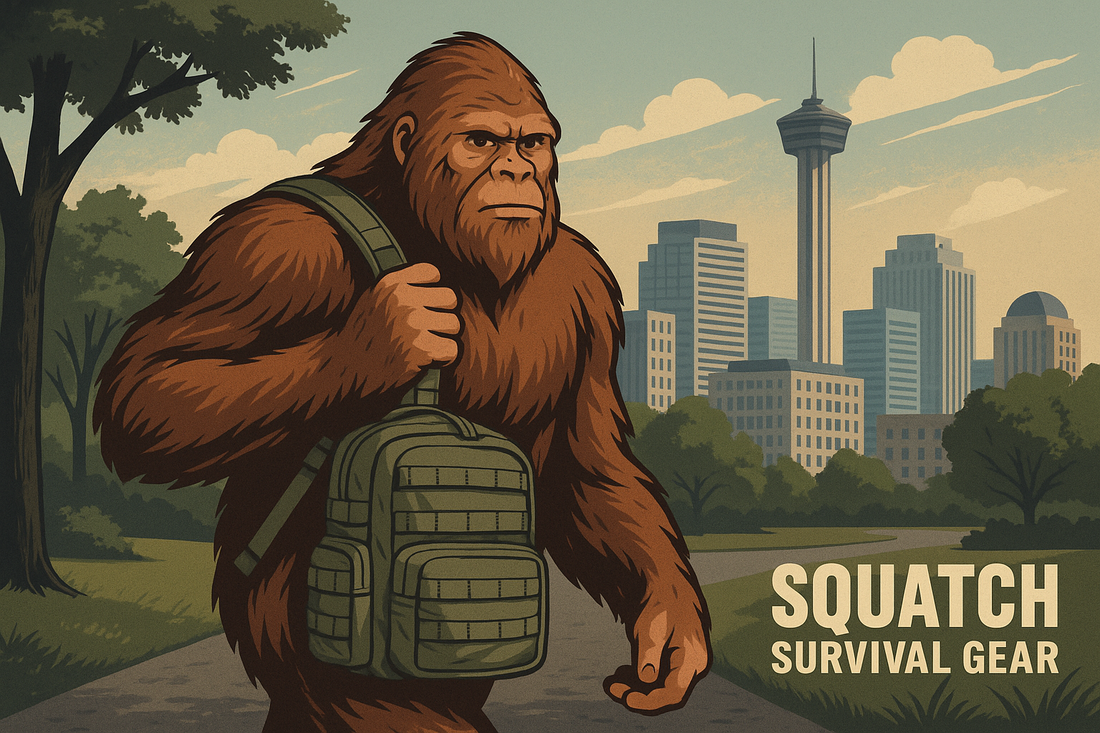The Civilian Battlefield
When the uniform comes off, the training doesn’t stop — it just needs a new direction. The key is doing a deep dive into all your military skills and seeing how they translate to civilian life.
Physical training every day keeps you sharp. Situational awareness keeps you safe. The habits that once kept you alive can now keep your family and community ready.
Civilian life might look calm on the surface, but chaos still finds a way. It just wears different camouflage — power outages, economic swings, civil unrest, or a bad storm rolling through town. Veterans recognize that readiness isn’t paranoia — it’s responsibility.
“Situational awareness leads to readiness — and readiness isn’t paranoia. It’s peace of mind earned through discipline.”
Situational Awareness — Reading the Terrain
Survival isn’t luck — it’s awareness, training, and the willingness to act. Veterans understand this instinctively. You don’t wait for the situation to go bad; you read the signs, anticipate problems, and adjust before things fall apart.
In the field, that meant scanning terrain, watching body language, and listening for what didn’t sound right. In civilian life, it means noticing changes — weather patterns, financial shifts, or the way people behave under stress.
You can’t predict everything, but you can prepare for most things — giving yourself the ability to work through the unexpected when it comes. That’s the foundation of readiness: knowing what’s normal, identifying what’s not, and having a plan to act when it matters most.
“Awareness isn’t fear — it’s foresight. The more you see coming, the less it surprises you.”
The Value of Training — Repetition Builds Confidence
Training is the difference between panic and performance. Veterans know that when things go wrong, you don’t rise to the occasion — you fall back on your training. That’s why repetition matters. Doing the same drill over and over isn’t just about muscle memory — it’s about wiring your mind to stay calm when chaos hits.
Preparedness works the same way in civilian life. The more you practice, the smoother your response becomes. You can’t just own a first aid kit — you need to know how to use it. You can’t just carry a map — you need to navigate with it. Skills fade if you don’t use them, and the time to relearn them isn’t in the middle of an emergency.
Physical conditioning, too, is part of readiness. PT wasn’t punishment in the military — it was preparation. Staying active, keeping your endurance up, and training your body to move under load all pay off when you need to lift, carry, or climb your way through a tough day.
Training builds confidence — and confidence eliminates panic. It’s not about becoming a survival expert overnight. It’s about building a lifestyle of readiness, one repetition at a time.
“In a crisis, you won’t find new strength — you’ll fall back on what you’ve trained to do. Make sure that training counts.”
Gear with a Mission — Simplicity Wins
The more you train, the less you need. The less you bleed. The more you rely on your gear, the better and more functional that gear should be.
Veterans understand that every ounce counts and every piece of equipment has to earn its place. Out in the field, you don’t carry something because it looks cool — you carry it because it works when nothing else will. That same principle applies to civilian preparedness.
In the world of consumer gear, there’s too much flash and not enough function. That’s why Squatch Survival Gear builds products the old-school way: through testing, refinement, and real-world feedback from people who’ve lived it. Every zipper, strap, and buckle serves a purpose. Every design choice is tested under stress, not in a photo studio.
Simplicity isn’t weakness — it’s efficiency. Your pack shouldn’t slow you down; it should disappear behind you. Your tools shouldn’t fail when you need them most; they should feel like extensions of your own hands.
That’s the mindset behind American-made design — gear that performs when it counts, built by people who understand what “failure is not an option” really means.
“When your gear becomes second nature, your focus stays on the mission — not the malfunction.”
Teamwork Still Matters
The hardest part of transitioning isn’t finding a new job — it’s losing the team. In the military, you’re surrounded by people who share your values, your drive, and your standards. You live, train, and struggle together. That level of trust can’t be replicated overnight.
When service ends, you leave behind the most team-driven environment of your life. Most veterans can’t go back to where they started — they’ve outgrown it. The experiences you’ve lived through change how you see the world and what you expect from those around you. Starting over means building new trust, and that takes time.
The truth is, you still need a team — just a different kind.
This new version of teamwork looks like vetting your neighbors, family, and friends. Who’s dependable in a crisis? Who has practical skills? Who can you count on when it’s 2 a.m. and the lights go out? That’s your new squad.
Preparedness isn’t about isolation — it’s about building networks of competence and trust. Veterans know that one strong team can overcome any shortage, storm, or setback. The same principle applies at home.
“The mission doesn’t end when you leave the unit. You just build a new one — with people who’ve earned your trust.”
A Veteran’s Reminder
Preparedness isn’t paranoia — it’s discipline. It’s the same mindset that kept you alive in uniform, repurposed for civilian life. Veterans understand that readiness is a way of life, not a weekend project. You plan, you train, you adapt, and when the world tilts sideways — you move.
The habits that once defined your service still matter. Situational awareness, repetition, and teamwork don’t expire when your contract does. They evolve. Now they protect your family, your neighbors, and your community.
When you support Squatch Survival Gear, you’re supporting our continuing mission to bring back American manufacturing — the kind that creates real jobs on Main Street and revives local communities. Every pack we build fuels that movement. Every customer becomes part of the effort to restore the self-reliance that once made this nation strong.
That’s what we believe at Squatch Survival Gear — that readiness and craftsmanship are forms of service. We’re not just sewing gear; we’re preserving skills, building jobs, and proving that American hands can still outwork, outlast, and outperform the cheap and disposable.
You may have left the battlefield, but the mission continues — in your home, in your community, and in the way you live every day.
“Stay aware. Stay trained. Stay ready. The uniform may change — but the duty doesn’t.”

